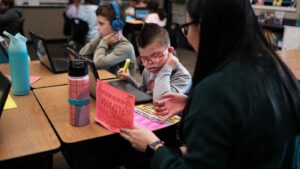Challenges and Triumphs: Education Secretary Miguel Cardona Reflects on His Tenure
Over the past few years, the Department of Education has faced numerous challenges, with both setbacks and achievements marking its journey. The pandemic left a significant impact on K-12 students, leading to unprecedented levels of learning loss. Additionally, last year’s problematic FAFSA rollout adversely affected many low-income students. In contrast, the department has also seen nearly 5 million Americans have their student loans forgiven, and this year’s FAFSA process has been notably smoother.
Education Secretary Miguel Cardona, guiding the department through these turbulent times, recently discussed these issues with NPR’s Juana Summers. Cardona acknowledged the difficulties faced with the FAFSA rollout, attributing the issues to “40 years of stagnant status quo.” Despite initial setbacks, Cardona expressed satisfaction with the result, stating, “over 500,000 more students were eligible for aid last year than the previous year.”
Addressing how the department responded to these challenges, Cardona admitted that problems with the FAFSA were not identified quickly enough, partly due to an over-reliance on external contractors. As a result, significant changes were implemented within the federal student aid group to prevent future issues.
In terms of student debt, Cardona highlighted the department’s efforts to address a “broken loan system,” though faced with court opposition to broad student loan forgiveness plans. Despite setbacks, Cardona emphasized the success of targeted loan forgiveness, impacting 5 million borrowers. “I still get texts from people who know someone whose… loans were forgiven,” he shared.
On the topic of K-12 education, Cardona reflected on his extensive experience in public schools and stressed the need for additional support to tackle pandemic-induced learning gaps. He noted the importance of Title 1 funding, mental health support, and expanding career technical education programming.
Regarding chronic absenteeism, Cardona pointed out that it often stems from broader issues such as housing, transportation, and hunger. He advised future leaders to continue focusing on holistic support for students.
When discussing the role of federal versus local governance in education, Cardona agreed that states and local boards should have significant control, dispelling misconceptions about the federal government’s influence. “We fund 9% of public education. Ninety-one percent of it is state and local,” he clarified.
As his tenure as Education Secretary comes to a close, Cardona remains committed to ensuring that federal resources support local schools effectively, highlighting the importance of both state autonomy and federal assistance.





